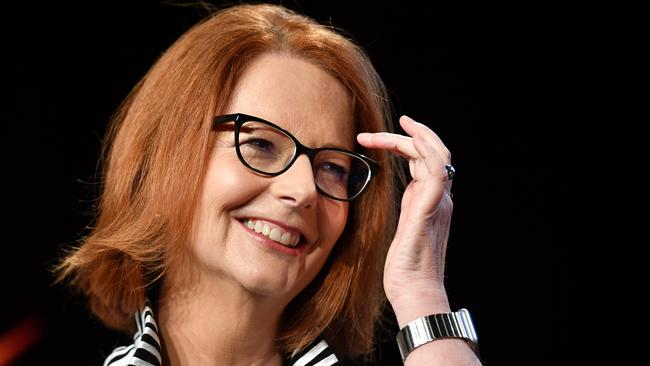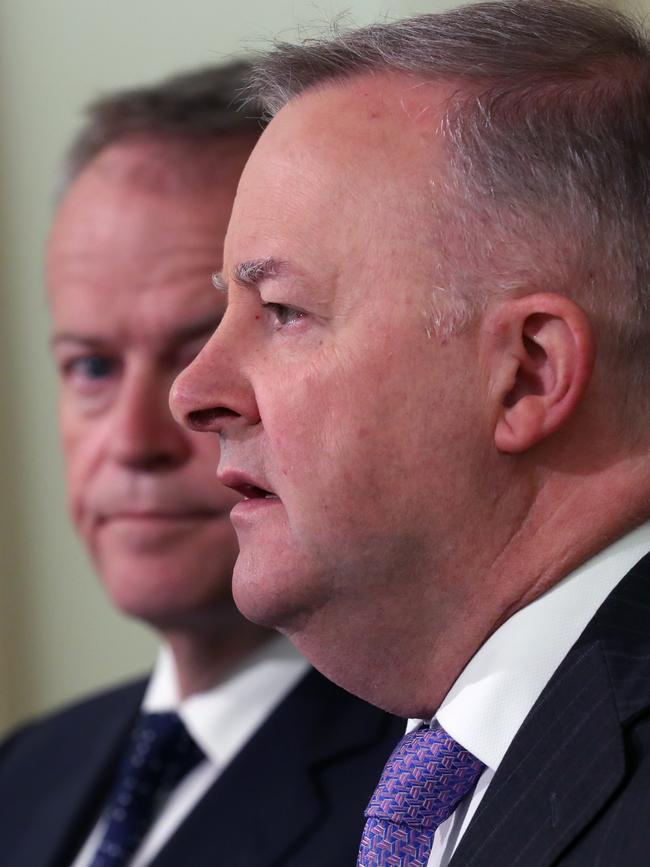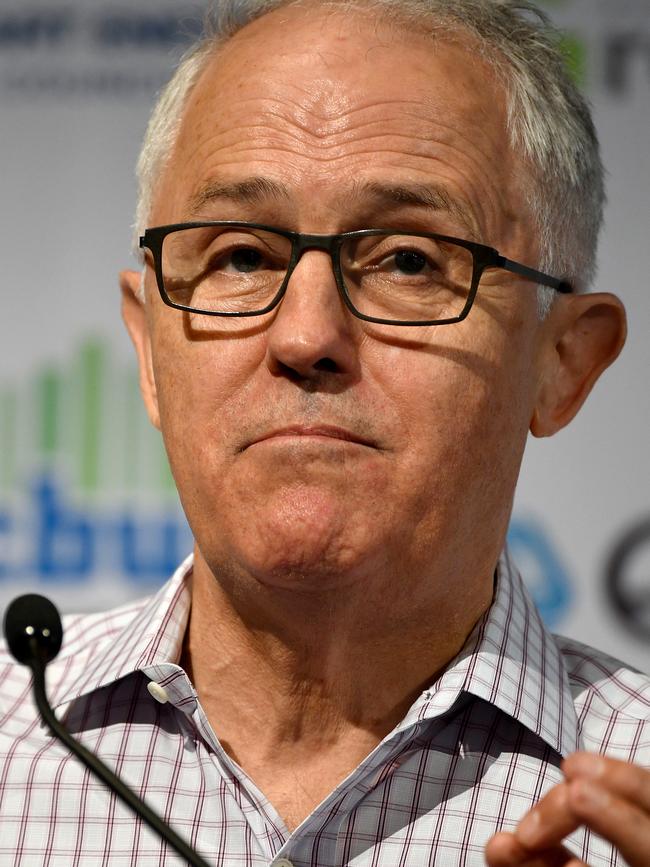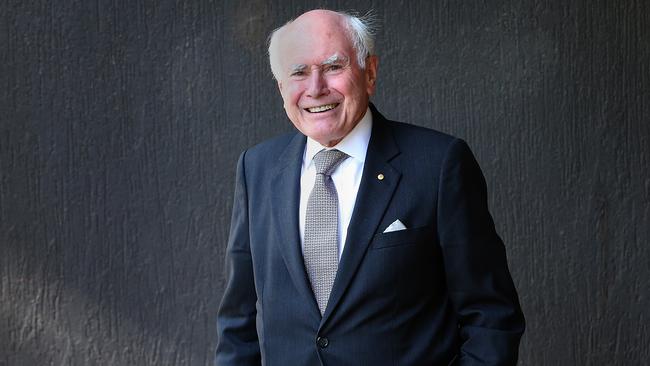Why are we so shocked by empathetic leaders?
Julia Gillard’s polite message of sympathy to Scott Morrison was what any normal person would do, writes Lucy Carne. So why is that we’re so surprised by decency from a former prime minister?
Rendezview
Don't miss out on the headlines from Rendezview. Followed categories will be added to My News.
It’s a peculiar state of political affairs when Julia Gillard and John Howard share more in common than previous prime ministers from their respective parties.
But this unlikely match up is courtesy of the festering bile of our former leaders that has become our new normal.
All it took was a polite tweet from Gillard to current Prime Minister Scott Morrison expressing her sympathy for the passing of his father last week.
“My sincere condolences to @ScottMorrisonMP on the death of his father John. Losing your dad is always hard, and even more so when you are serving as PM. My thoughts are with him and his family,” she tweeted.
Morrison replied: “Thank you Julia for your condolences. Our family greatly appreciates your kind wishes.”
It was a brief moment of mutual respect that transcended the party divide.
But the gesture discombobulated the voting public. From talkback radio to Twitter, people were shocked … and touched.
“Class act”, “gracious”, “beautiful”, “compassionate,’’ a woman of “decency,” the adulators gushed.
It was to some even more poignant a message given the disgraceful comment Alan Jones was cited as saying that Gillard’s father had died “of shame” when she was prime minister.

Whatever you think of Gillard’s time in politics – that she was a trailblazer for ushering in MySchools or tainted by the AWU fraud scandal – it was a nice note.
But it seemed the sycophantic reaction to a short expression of sympathy was a little over-dialled.
It’s an appropriate and respectful remark you would expect from anyone operating within the realms of normal behaviour.
But our politicians have in recent years displayed such obnoxious and appalling conduct, it’s as though we’ve been conditioned to accept their abuse as ordinary, rather than outrageous.
The knifings, undermining, miserable whining and sore losing has warped our view.
So when a former leader displays courtesy and consideration for their opposition, we come undone.
Like starved dogs finally thrown a scrap, we’re besotted with gratitude.
It wasn’t always this way.
Sure, partisan brawling in Canberra comes with the job, but the knives were usually handed back with the keys to the Lodge.
MORE FROM LUCY CARNE: We know the real royal scandal — and it’s not Meghan and Harry
Retired prime ministers were expected to quietly write a mild memoir, spend a few years as a university chancellor, collect a few honorary degrees, and maybe get a diplomat gig if they’re lucky.
Or, like Robert Menzies, do a stint as a caretaker of some Queen Elizabeth’s smaller castles.
But these days, past PMs are more likely to be metaphorically doing egging drive-bys of their former office.
Malcolm Turnbull continues to ghoulishly rattle chains, most recently criticising Morrison – the man who toppled him – for his “downplayed” reaction to Australia’s bushfire crisis.
Tony Abbottt also tossed some proverbial grenades, including at Joe Hockey’s Washington farewell last week where he said Trump’s Washington was “a piece of cake compared to Canberra”.
“At least two of the last four Australian prime ministers have had narcissistic personality disorder. I’ll leave you to guess who they are,” he said.
Kevin Rudd may have been accused of throwing a “wobbly” over not having a hair dryer on a visit to troops in Afghanistan, but he’s done seemingly more bruising to himself with his incessant, petty tweets.


Bill Shorten’s hijacking of his joint press conference with current Labor leader Anthony Albanese earlier this month was excruciating viewing.
His deluded confidence almost seemed to waft with a sickening hint of a future leadership spill, which, potentially speaking on behalf of the voting public, I can assure you we will not stomach.
You don’t see this sort of sabotage and spite in other western democracies.
Conservative stateswoman Margaret Thatcher and New Labour pinup Tony Blair became dear friends and sent each other hand written letters despite their opposing political allegiances.
“She goes right to the heart of something. I liked the simplicity of her intellect. It’s the biggest thing I learnt from her.” Blair said.
RELATED: Public deserve to know how politicians benefit from crisis
Former US president George W Bush and former first lady Michelle Obama have become warm friends.
When Bush discreetly handed Obama a cough drop at Sen. John McCain’s 2018 funeral, it was an innocuous gesture that rose above rivalry.
“We disagree on policy, but we don’t disagree on humanity,” Obama said.

And now we have our own unlikely pair, with Gillard compared to Liberal elder statesman John Howard.
In our revolving door of prime ministers, this odd couple are our only recent former leaders who can rise above personal attacks and manage decorum and dignity out of office.
If only more could take their lead.
Lucy Carne is editor of Rendezview.com.au


